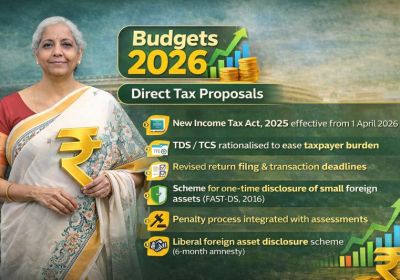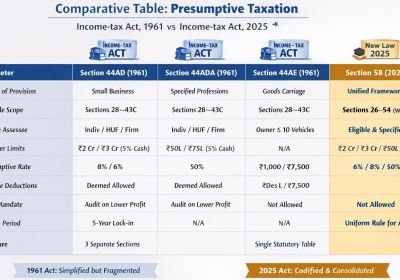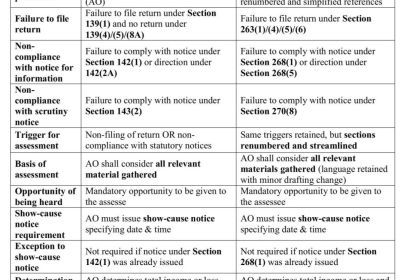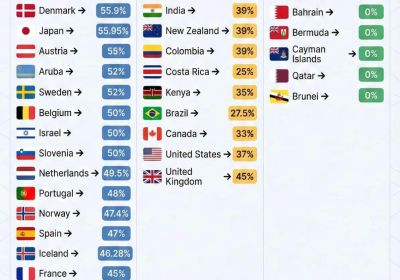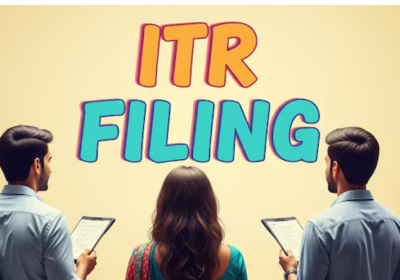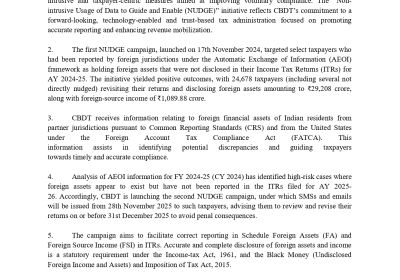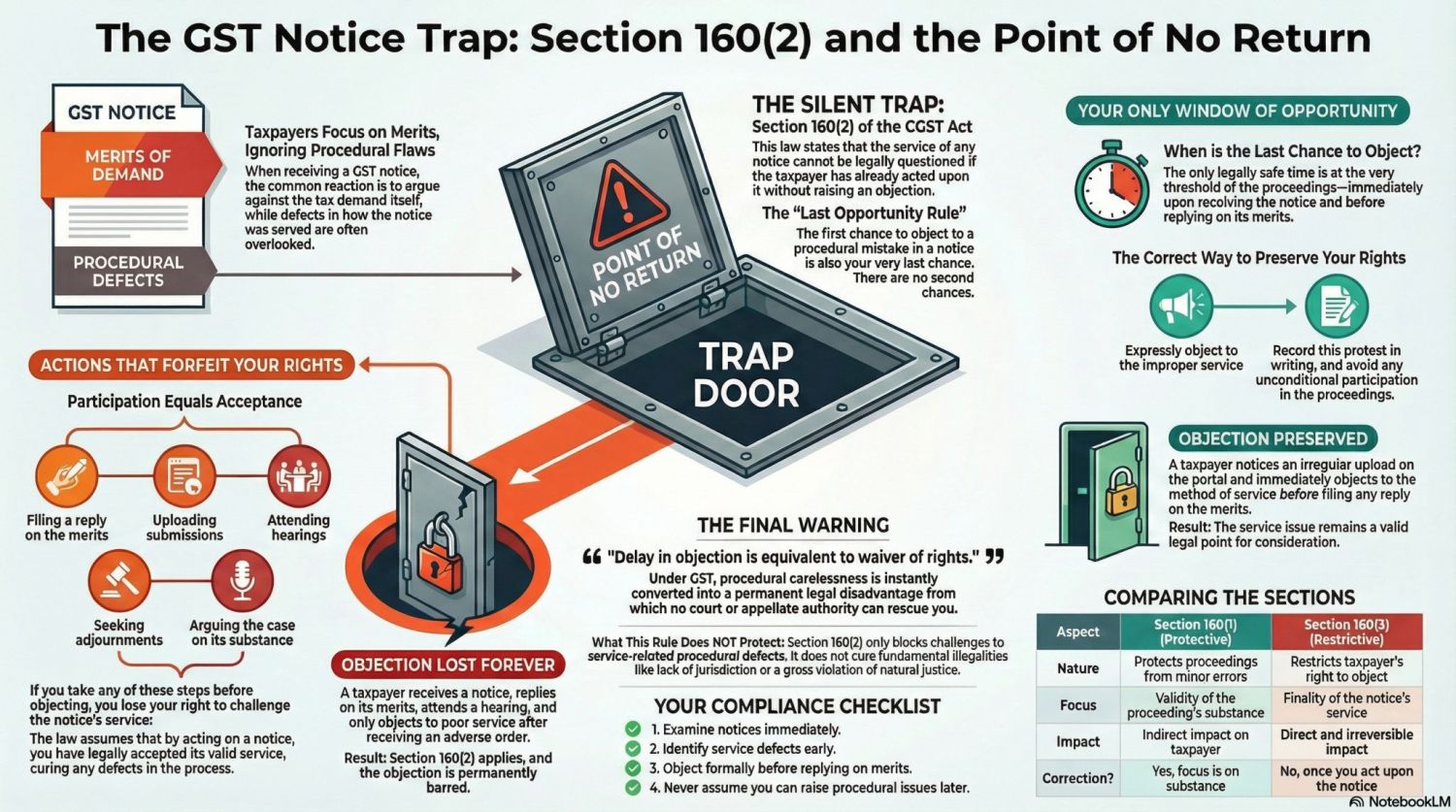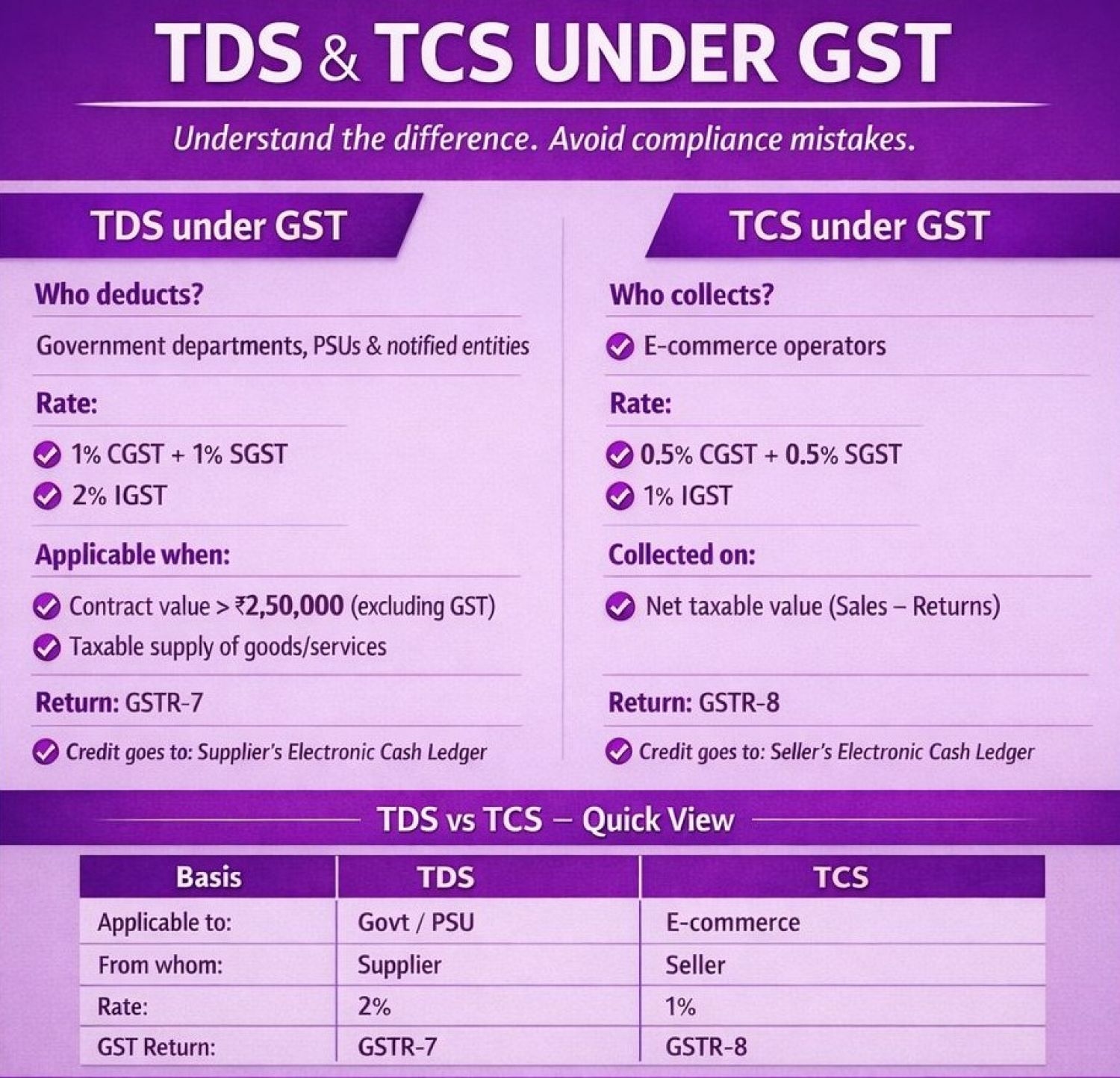
Tax Planning Guide for Zero Tax on Capital Gains (Post 23rd July Changes)
The new rules change how capital gains from property sales are taxed. Depending on when you purchased the property (before or after 23rd July 2024), your tax treatment will differ, especially in terms of Shared provides a tax planning guide for zero tax on capital gains when selling house property, based on changes effective from 23rd July. To legally pay zero capital gains tax when selling a residential house property, follow these key strategies u/s 54 & Section 54F of the Income Tax Act:
1. LTCG Tax Rates Across Asset Classes
- Equity & equity-oriented mutual funds (held less than 12 months):
- Gains up to INR 1.25 lakh per financial year are exempt.
- Gains above INR 1.25 lakh are taxed at 12.5% (with surcharge and cess)
- Unlisted equity shares (held > 24 months): 12.5% without indexation
- Immovable property (land/building held more than 24 months):
- Option 1: 12.5% without indexation.
- Option 2: 20% with indexation (for pre–23 July 2024 purchases).
- Debt funds, gold, and other assets (held  More than 36 months or appropriate period):
- Long-Term Capital Gains taxed at 12.5 % (debt) or 20 % (others, with indexation)
2. Major 2024 Budget Changes
- Uniform LTCG tax of 12.5% for most assets after 23 July 2024.
- Indexation benefit removed for assets purchased post-23 July 2024
- Property sellers can opt between
- 12.5% without indexation, or
- 20% with indexation for pre-23 July buys
3. LTCG Calculation Example
- Suppose you earned a long-term capital gain of INR 1.5 lakh from equities:
- First INR 1.25 lakh → No tax
- Remaining INR 25,000 → INR 3,125 @ 12.5 %
4. Holding Period Criteria
|
Asset Type |
Holding Period for Long-Term Capital Gains |
|---|---|
|
Listed equity & equity funds |
> 12 months |
|
Unlisted equity & property |
> 24 months |
|
Debt funds & gold |
> 36 months |
5. Reinvest in Another Residential House (Section 54)
- Applies If: You’re selling a residential property.
- What to Do:
- Reinvest capital gains (not full sale amount) into a new residential house.
- Purchase within 1 year before or 2 years after, or construct within 3 years of sale.
- Conditions:
- No restriction on owning more than one house already.
- Can buy land but must construct a house.
- Exemption Limit: Up to INR 10 crore.
- Risk of Revocation: If the new house is sold within 3 years, exemption is withdrawn.
6. Reinvest in House from Sale of Non-House Assets (Section 54F)
- Applies If: You’re selling shares, mutual funds, gold, etc.
- What to Do:
- Reinvest the entire sale proceeds (not just gains) into one residential house.
- Follow the same time limits as Section 54.
- Conditions:
- You must not own more than one house at the time of sale.
- Cannot buy or construct a second/third house within 2 or 3 years.
- Exemption Limit: Up to INR 10 crore.
- Risk of Revocation: Same as above if violated.
When You Sell a Property.
|
Particulars |
Bought before 23 July |
Bought after 23 July |
|---|---|---|
|
Indexation |
Allowed |
Not allowed |
|
Capital Loss Set-off |
Not allowed |
Allowed |
|
Add Loan Interest to Purchase Cost |
Not allowed* |
Allowed* |
*Interest not claimed as deduction (especially beyond INR 2 lakh on self-occupied homes) can be added to the cost.
*Not allowed to Non-Resident Indians (NRIs).
Tax Exemption on Buying Property from Capital Gains
|
Section |
Sec 54 |
Sec 54F |
|---|---|---|
|
Asset Sold |
House property |
Shares, Mutual Funds, Gold, etc. |
|
Asset Bought |
House property |
House property |
|
Time Limit |
Within 1 year before or 2 years after sale; 3 years if constructing |
1 year before or 2 years after sale; 3 years if constructing |
|
How much to reinvest? |
Just capital gains |
Entire sale consideration |
|
If new house is cheaper than sale value? |
Remaining gains taxed |
Only proportionate exemption on reinvested amount |
|
Can I buy land? |
Yes, but must build house |
Yes, same condition |
|
Already own a house? |
No condition |
Not eligible if you already own more than 1 house on date of sale |
|
Can tax break be revoked? |
Yes, if sold within 3 years |
Yes, if sold within 3 years |
|
Cap on Exemption? |
INR 10 crore |
INR 10 crore |
Note: U/s 54F, if the taxpayer buys or constructs a third house within 2 or 3 years, the exemption is withdrawn.
7. For Property Bought After 23 July 2024:
- No indexation available.
- Capital loss set-off is allowed.
- Loan interest not claimed as deduction can be added to cost of acquisition.
- NRIs cannot claim certain deductions like interest addition to cost.
8. Offsetting Losses and Other Reliefs
- Capital loss carry-forward still allowed for Long-Term Capital Gains offsets.
- From FY 2026–27, Long-Term capital losses may offset STCG once under new tax laws.
9. Exemptions u/s 54, 54EC, 54F
- Sec 54: Exemption on Long-Term Capital Gains from sale of a long-term property, if reinvested in another property
- Sec 54EC: Invest Long-Term Capital Gains (up to INR 50 lakh) in specified bonds within 6 months to claim exemption
- Sec 54F: Sale of non-property asset → full reinvestment into house → full Long-Term Capital Gains tax exemption.
10. Summary Snapshot
- Exemption Threshold: INR 1.25 lakh per FY for equity/funds.
- Standard Long-Term Capital Gains Rate: 12.5% above this threshold.
- Indexation: Removed post-23 July 2024 (except optional for pre-23 July assets).
- Holding Periods: Vary from 12–36 months depending on asset.
- Tax Strategy: Use Sections 54/54EC/54F to save/offset Long-Term Capital Gains.
11. Strategic Takeaways for Tax-Sensitive Investors
- Plan LTCG, keeping in mind the INR 1.25 lakh exemption.
- Choose between indexation vs flat tax for property gains (if applicable).
- Use exemptions (Under Section 54/54EC/54F) to eliminate Long-Term Capital Gains tax.
- Harvest losses strategically, especially with upcoming Long-Term Capital →ST loss offset rule.
- Track holding periods to ensure Long-Term Capital Gains applicability.
12. Tax Planning Insight- Smart Tax Planning Tips : To pay zero tax on capital gains from a house sale:
- Use Capital Gains Account Scheme to park gains if new property is not yet purchased.
- Avoid buying more than one property if using Section 54F.
- Keep all reinvestment proofs and construction receipts.
- Ensure compliance with all timelines to retain exemption.
- If you plan to sell the new house soon, wait 3 years to avoid revocation of benefit.
Other Points
- Use Section 54 if you're selling a house and buying another.
- Use Section 54F if you're selling non-house capital assets and investing proceeds in a house.
- Consider timing, reinvestment rules, and ownership conditions carefully.

